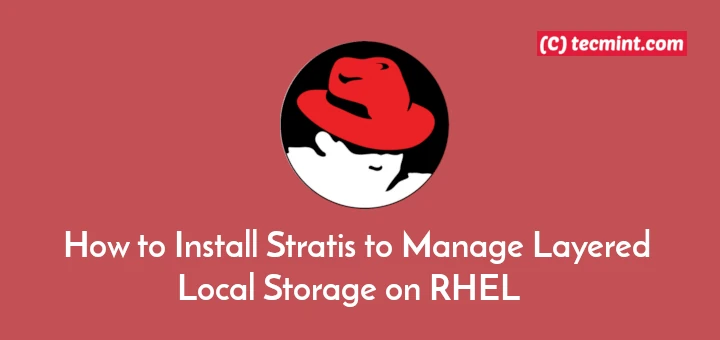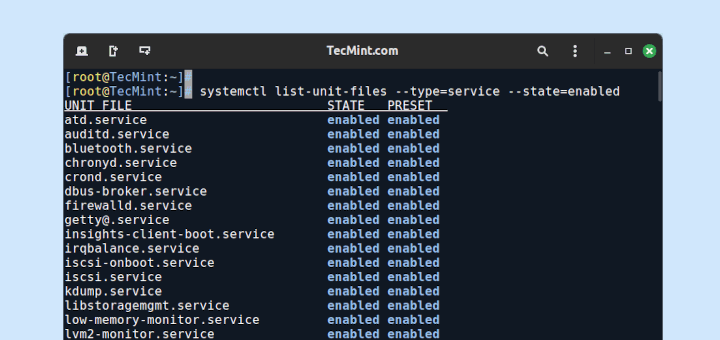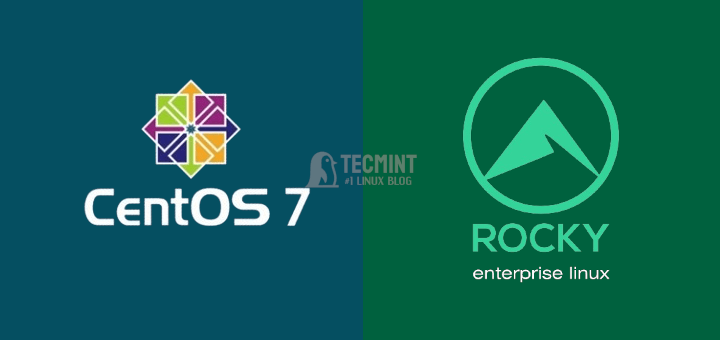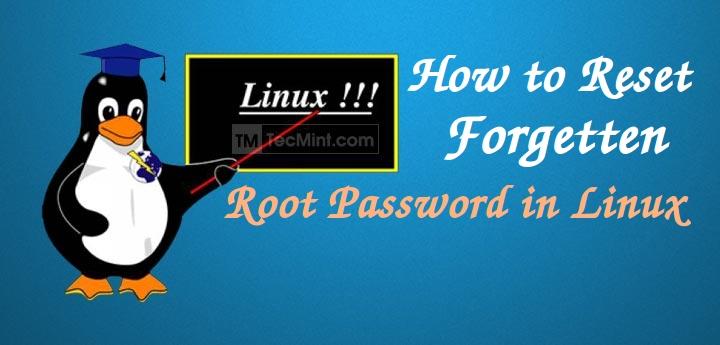Apache Maven is a open source software project management and build automation tool, that is based on the conception of a project object model (POM), which is primarily used for deploying Java-based applications, but can also be used on projects written in C#, Ruby and other programming languages.
In this article, I will explain how to install and configure latest version of Apache Maven on a CentOS 7 system (the given instructions also works on RHEL and Fedora distribution).
Prerequisites
- A newly deployed or existing CentOS 7 server instance.
- Java Development Kit (JDK) – Maven 3.3+ require JDK 1.7 or above to execute.
Install OpenJDK 8 in CentOS 7
Java Development Kit (JDK) is a primary requirement to install Apache Maven, so first install Java on CentOS 7 system from the default repository and verify the version using following commands.
# yum install -y java-1.8.0-openjdk-devel # java -version
If installation went well, you see the following output.
openjdk version "1.8.0_141" OpenJDK Runtime Environment (build 1.8.0_141-b16) OpenJDK 64-Bit Server VM (build 25.141-b16, mixed mode)
Install Apache Maven in CentOS 7
Next, go to the official Apache Maven download page and grab the latest version or use the following wget command to download it under the maven home directory ‘/usr/local/src’.
# cd /usr/local/src # wget http://www-us.apache.org/dist/maven/maven-3/3.5.4/binaries/apache-maven-3.5.4-bin.tar.gz
Extract the downloaded archive file, and rename it using following commands.
# tar -xf apache-maven-3.5.4-bin.tar.gz # mv apache-maven-3.5.4/ apache-maven/
Configure Apache Maven Environment
Now we need to configure the environments variables to pre-compiled Apache Maven files on our system by creating a configuration file ‘maven.sh’ in the ‘/etc/profile.d’ directory.
# cd /etc/profile.d/ # vim maven.sh
Add the following configuration in ‘maven.sh’ configuration file.
# Apache Maven Environment Variables
# MAVEN_HOME for Maven 1 - M2_HOME for Maven 2
export M2_HOME=/usr/local/src/apache-maven
export PATH=${M2_HOME}/bin:${PATH}
Now make the ‘maven.sh’ configuration file executable and then load the configuration by running the ‘source’ command.
# chmod +x maven.sh # source /etc/profile.d/maven.sh
Check Apache Maven Version
To verify Apache Maven installation, run the following maven command.
# mvn --version
And you should get a output similar to the following:
Apache Maven 3.5.4 (1edded0938998edf8bf061f1ceb3cfdeccf443fe; 2018-06-17T19:33:14+01:00) Maven home: /usr/local/src/apache-maven Java version: 9.0.4, vendor: Oracle Corporation, runtime: /opt/java/jdk-9.0.4 Default locale: en_US, platform encoding: UTF-8 OS name: "linux", version: "4.17.6-1.el7.elrepo.x86_64", arch: "amd64", family: "unix"
That’s It! You have successfully installed Apache Maven 3.5.4 on your CentOS 7 system. If you have any problems related to installation, do share with us in the comment section.







A very good article, helped me to install Maven on CentOS without any problems…
Nice article which helped a lot to install mvn and java quickly on centos7 version.
I have no file “maven.sh” under /etc/profile.d/ directory.
I cannot go further.
Please help me..
Cristina, this file had to be created, but really you don’t need it. Do the same thing simpler way:
Add lines:
M2_HOME=/usr/local/src/apache-maven PATH=${M2_HOME}/bin:${PATH}Now you can check the effect with:
Maven multi-module is not working with centos7.child module does not exist error.
Hi Bro,
maven.sh file is not there, we need to create it.